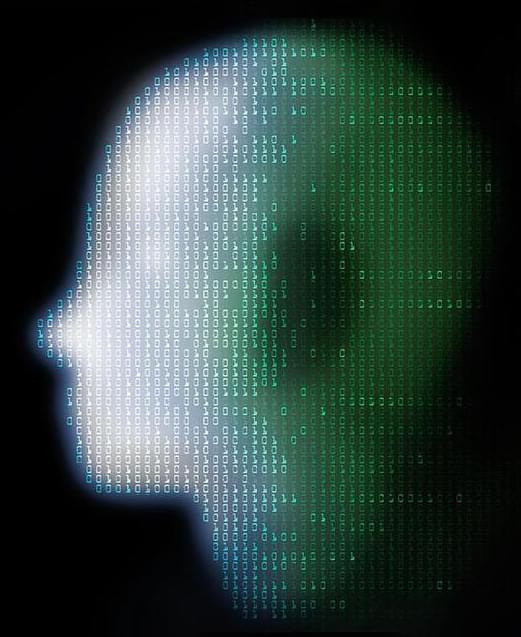Adeel Razi, a computational neuroscientist at Monash University and a fellow at the Canadian Institute for Advanced Research (CIFAR) who was not involved in the new paper, says that is a valuable step. “We’re all starting the discussion rather than coming up with answers.”
Until recently, machine consciousness was the stuff of science fiction movies such as Ex Machina. “When Blake Lemoine was fired from Google after being convinced by LaMDA, that marked a change,” Long says. “If AIs can give the impression of consciousness, that makes it an urgent priority for scientists and philosophers to weigh in.” Long and philosopher Patrick Butlin of the University of Oxford’s Future of Humanity Institute organized two workshops on how to test for sentience in AI.
For one collaborator, computational neuroscientist Megan Peters at the University of California, Irvine, the issue has a moral dimension. “How do we treat an AI based on its probability of consciousness? Personally this is part of what compels me.”









Comments are closed.